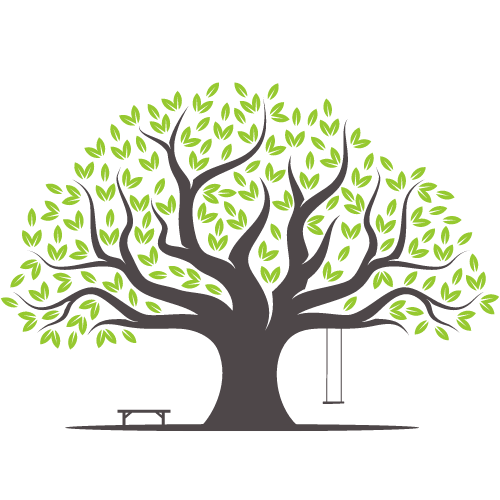The Harm I Didn’t Know I Was Causing
Reading isn’t for everyone, scroll down to listen to the audio version👇
Nyck asked me to write a blog, and I am very excited to get a chance to share my experience! My practice as a psychotherapist, my way of relating to all my relationships, and the way I relate to the world in general has been profoundly transformed by knowing Nyck and learning from them.
I went to grad school at Naropa University, a Buddhist inspired university in Boulder, CO. I learned so many cool and amazing things, I had deeply wise instructors, and had profound healing as a result of my time there. But Neurodiversity was never mentioned. I went on to study body-centered trauma work with some of the founders of trauma work, but Neurodiversity was never mentioned. I was part of consultation groups and supervision groups, and Neurodiversity was never mentioned. I was educated in a world where there were only neurotypical people and “broken neurotypical people.” I was trained to help heal that brokenness and bring the person back into “health and balance.”
What I came to understand is that there are many many more ways of being a whole, healthy human other than the classic images of the confident, self-sufficient, individualistic, poised and still, always regulated, vulnerable (but not too vulnerable), organized, always on time, always-up-for-eye-contact, neurotypical human. But, harm was done to my clients before I came to this understanding, harm which I needed to make amends for.
The thing was, my clients came to me wanting all the things on that list above; they were told their whole lives that those things were the way to be happy. And I was in kahoots with them! We, together, set out to heal them, and for my unidentified Neurodivergent clients, that meant transforming them into neurotypical folks…which never worked and caused the harm I needed to make amends for!
I had these beautiful, sensitive, compassionate, unidentified Neurodivergent people come to my office who wanted simple things: to like to be touched, to want to make eye contact, to feel like they could work a 9-5, 40 hour a week job, to put their clean laundry away, to trust others, to not need rest and breaks, to not be “so sensitive,” to not be so angry, to not be so impacted by the pains of the world, to stop fidgeting, to stop feeling like an alien on the planet. And we “worked” on these things, but not in the right way.
I should have held a Neurodivergent affirming lens with every single one of these clients. Holding this lens means that I see the person sitting in front of me as a whole complete human that is hurting, needs understanding, and compassion. It means that I hold the perspective that this person very likely has been harmed by someone in the psychotherapy field (many of my Neurodivergent clients have been), and that they have probably spent decades feeling traumatized and isolated living as a Neurodivergent person in a world designed for neurotypical people.
To hold this lens, I had to look at my ableism, and the ways I was harming my clients by upholding neurotypical versions of mental health. I had to learn from Nyck and other Neurodivergent people what the world was like from their experience. I had to center the experience of other marginalized people to help undo many years of professional training, and just living in our culture, to see other ways life is lived.
When I began to undo my own ableism, I could see that some of my long term clients might be Autistic and/or ADH. We began to talk about this together, and as a result things really began to change for them. There was a profound reorganization of understanding of their lives from a Neurodivergent perspective, and everything suddenly made so much more sense. We began to dismantle ableism in our relationship and in each of us as individuals. When approaching problems that my clients had, we would first look to see what barriers in the environment could be addressed so they could have what they wanted, and we strove to find creative solutions that did not involve them changing who they were. This perspective is radical: that my clients are whole and complete Neurodivergent folks, and that the systems and environments they were in needed to change, rather than them.
These clients who were “stuck” in some areas of their lives were no longer feeling stuck. They were feeling empowered, self-accepting, and at peace in ways they never felt before. I was in awe of them, and also filled with regret for not understanding sooner who they were and what they needed. I would often tell them how profoundly sorry I was that I did not know about this aint-ableist Neurodiversity paradigm sooner. How I had caused harm, and how I was going to do my best to repair that harm. This was also an amazing opportunity to deepen our relationship and to reaffirm that they are the experts of their lives and know themselves best.
I hope this small snippet of my experience with learning about the Neurodivergent affirming paradigm (specifically from Nyck!) expresses well how this work has transformed my practice and relationships. I see the world differently! There’s a spaciousness inside myself when I feel all the beautiful ways to experience the world, and I am deeply grateful to see the world through my Neurodivergent clients’ eyes.

